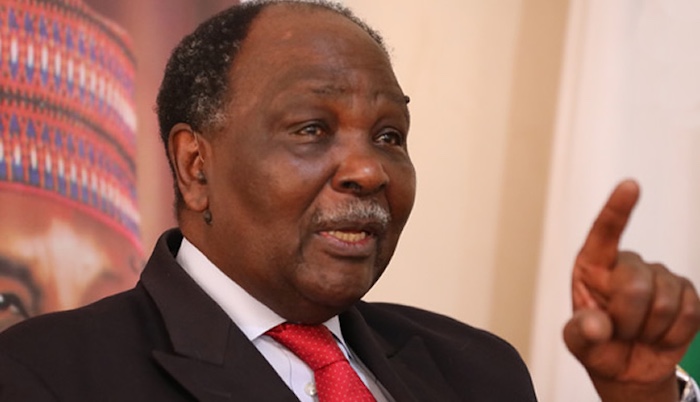Former Nigerian Head of State, General Yakubu Gowon (rtd), has made rare public disclosures about two defining events in Nigeria’s post-independence history—the 1966 counter-coup and the breakdown of the Aburi Accord that led to the civil war.
In an exclusive interview with ARISE NEWS, Gowon clarified that he had no prior knowledge of the July 1966 counter-coup, which resulted in the assassination of then Head of State, General Johnson Aguiyi-Ironsi, and Lt. Col. Adekunle Fajuyi.
“I didn’t know about the July counter-coup ahead of time,” Gowon said. “I tried to warn General Ironsi, but it was too late.”
Gowon, who was Chief of Army Staff at the time, described the period as chaotic and emotionally devastating. “When I was informed about his death, it was a terrible moment. I had served under Ironsi. It pained me deeply.”
Following the coup and power vacuum, Gowon was appointed Head of State. He admitted he was unprepared but acted out of a strong sense of duty to keep Nigeria united. “I was not trained to rule. I had to rise to the occasion and act in the best interest of Nigeria.”
On the Aburi Accord: The Red Line That Broke Unity Talks
Gowon also shed light on the collapse of the 1967 Aburi Accord, revealing that a key sticking point was Eastern Region leader Chukwuemeka Odumegwu Ojukwu’s demand for regional control of military zones.
“He wanted regional governors, including himself, to command military forces in their areas,” Gowon said. “That was something the federal government could not accept.”
While both sides initially engaged in good faith at the Aburi summit in Ghana, Gowon noted that misunderstandings grew after their return. Illness prevented him from quickly responding to Ojukwu’s unilateral interpretation of the agreement, which further deepened tensions.
“Unfortunately, I was ill and couldn’t respond immediately. Meanwhile, Ojukwu had already made public statements about the Accord,” he recalled.
In an effort to reconcile, Gowon said the federal government invited all regional governors, including Ojukwu, to a follow-up meeting in Benin—an invitation Ojukwu declined.
“That meeting could have saved the country. We were willing to operate in the spirit of Aburi but not at the cost of national unity,” Gowon insisted. “No region can secede from Nigeria.”
The failure of the Aburi Accord is widely seen as the last missed opportunity to avoid the Nigerian Civil War, which broke out in July 1967 and resulted in over one million deaths.
Gowon’s revelations offer fresh perspective on one of Nigeria’s darkest chapters, emphasizing that control of national armed forces was a non-negotiable issue for the federal side—a decision that ultimately shaped Nigeria’s destiny.
